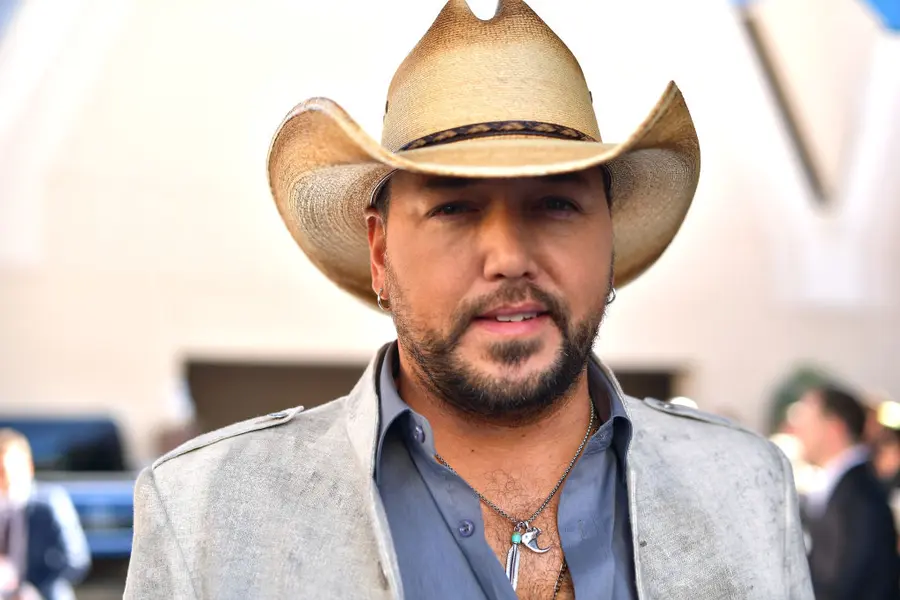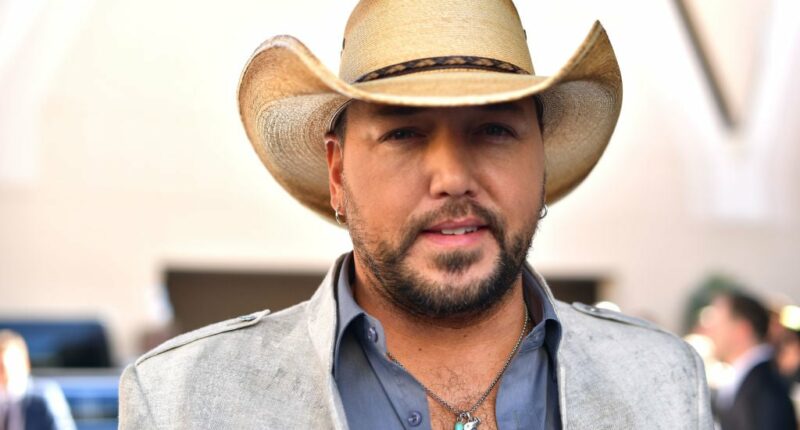Share this @internewscast.com
In the 1980s, music catalog sales were seen as an unsexy afterthought of the music business. You’ve probably heard that Michael Jackson once owned the Beatles’ catalog. That’s because when ATV Music, the company that controlled the rights, went up for auction in 1984, Jackson made a bid so enormous that Paul McCartney and Yoko Ono declined to even participate.
What was this staggering price for arguably the most valuable collection of songs in history? Hundreds of millions? Maybe even a billion? Nope. Michael Jackson bought the Beatles catalog for a grand total of $47.5 million. Adjusted for inflation, that’s about $150 million today. At the time, it seemed unimaginably steep. In hindsight, it was laughably cheap. If the Beatles catalog ever hit the open market today, it would surely fetch multiple billions.
Over the decades that followed, the disconnect between catalog value and catalog price steadily disappeared. Artists also became smarter about their contracts, structuring deals that allowed them to retain ownership of their masters, songwriting, or publishing rights. By the 2010s and 2020s, those two trends converged: catalogs became recognized as dependable cash-flow machines, and artists had more equity to sell.
That’s why in recent years, even moderately popular acts have sold catalogs for tens of millions of dollars, while superstar catalogs have fetched staggering sums. Bruce Springsteen sold his for a reported $550 million. Bob Dylan’s went for an estimated $400 million. Justin Bieber’s fetched $200 million.
The narrative that justified this frothy market boom was simple: artists would prefer a massive lump sum today rather than collecting the same money slowly over decades. That’s especially true for older stars thinking about estate planning. Meanwhile, the music investment corporations buying these rights — companies like Hipgnosis, Concord, Spirit, and BMG — have the patience to wait those decades out. Sure, they might be overpaying in the short term, but after 20–30 years of steady royalty income, the math works.
At least, that was the assumption. Jason Aldean’s catalog sale tells a different story…

(Photo by Matt Winkelmeyer/ACMA2019/Getty Images for ACM)
Jason Aldean Cashes Out
Jason Aldean isn’t a legacy act cashing out late in life. He’s a 48-year-old superstar who has helped define modern country music. Since breaking through with his self-titled debut album in 2005, Aldean has released ten more studio albums, six of which have been certified platinum. He’s scored dozens of chart-topping singles, landed 43 songs on the Billboard Hot 100, and built a reputation as one of country’s most reliable hitmakers and touring headliners. With multiple Academy of Country Music Awards, five Grammy nominations, and a steady run of sold-out arenas, Aldean’s catalog represents nearly two decades of consistent commercial success.
In February 2022, Jason joined the growing wave of artists cashing in on the catalog boom. He sold 90% of his recorded music catalog to Spirit Music Group for $100 million. The acquisition covered nine albums released between 2005 and 2019 — including career-defining hits like “She’s Country,” “Big Green Tractor,” and “Dirt Road Anthem.” It also included neighboring rights and SoundExchange royalties, which meant Spirit would collect on streams, radio play, and performance-related revenue.
At the time, Aldean framed the deal as a way to ensure his music would be looked after by a long-established company, while still keeping some skin in the game. He retained a 10% ownership stake and his ongoing income interest. His longtime label, BBR Music Group (which had been acquired by BMG in 2017), continued to hold its share of the rights and remained his exclusive recording partner.
Spirit executives hailed the purchase as a cornerstone deal, praising Aldean as one of country music’s most influential hitmakers of the 21st century. For Aldean, the sale delivered a once-in-a-lifetime payday — more than $100 million upfront — while still allowing him to control his future releases.
The 2025 BMG Deal
Fast forward just three years to the present, and Spirit Music Group just flipped Aldean’s catalog to BMG Rights Management for $250 million.
To be fair, the sale also included a package of rights from 23 other artists, among them the Dropkick Murphys. But by all accounts, Aldean’s catalog was the centerpiece — and the bulk of the purchase price.
For BMG, the acquisition was a full-circle moment. The company already owned BBR Music Group, Aldean’s longtime label, which had released every one of the albums in question. With Spirit’s stake now absorbed, Aldean’s nine-album catalog was consolidated back under the same roof that launched his career.
BMG CEO Thomas Coesfeld hailed the purchase as a “landmark deal,” strengthening the company’s footprint in country music while underscoring the lasting value of Aldean’s body of work. Aldean himself called it a “full-circle moment,” expressing pride that his music had returned to his original label home.
But let’s also underscore what just happened: in 2022, Jason was 45 years old and at the prime of his life and career. And yet, at that point, he believed that $100 million was a once-in-a-lifetime offer—the ultimate peak windfall cash-out opportunity. Very smart people likely advised him that Spirit Music was taking on a huge risk in hoping to earn that $100 million back over the coming decades. Hopefully he has since fired those advisors because, in reality… had Jason waited just 36 months, he could have made another $150 million :0
Jason likely did make a little bit of money on this recent sale. He still held a 10% stake, so if that was included, he just got $25 million. Obviously not bad, but that’s a quarter of the total he previously made in the 2022 sale.
Jason Aldean’s story cuts against the narrative that has defined the catalog boom for the past decade. The assumption was that artists were getting out at the top, cashing in before values cooled, while investment firms had the patience to wait decades to earn back their outlay slowly. That model made sense when a $100 million deal was considered a frothy, maybe even excessive, valuation.
But Spirit’s flip of Aldean’s catalog shows the market can move much faster — and far more lucratively — than anyone expected. Instead of waiting 20 or 30 years to recoup its investment, Spirit more than doubled its money in just three years. What was supposed to be a patient, slow-burn asset class suddenly looks a lot more like high-velocity private equity.
It makes you wonder if younger artists who have sold their catalogs, for example, Justin Bieber, are feeling a tinge of regret right now…
(function() {
var _fbq = window._fbq || (window._fbq = []);
if (!_fbq.loaded) {
var fbds = document.createElement(‘script’);
fbds.async = true;
fbds.src=”
var s = document.getElementsByTagName(‘script’)[0];
s.parentNode.insertBefore(fbds, s);
_fbq.loaded = true;
}
_fbq.push([‘addPixelId’, ‘1471602713096627’]);
})();
window._fbq = window._fbq || [];
window._fbq.push([‘track’, ‘PixelInitialized’, {}]);






